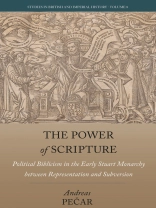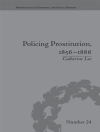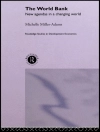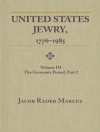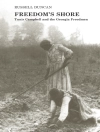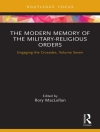In England, from the Reformation era to the outbreak of the Civil War, religious authority contributed to popular political discourse in ways that significantly shaped the legitimacy of the monarchy as a form of rule as well as the monarch’s ability to act politically. The Power of Scripture casts aside parochial conceptualizations of that authority’s origins and explores the far-reaching consequences of political biblicism. It shows how arguments, narratives, and norms taken from Biblical scripture not only directly contributed to national religious politics but also left lasting effects on the socio-political development of Stuart England.
Table of Content
Acknowledgments
Introduction
Chapter 1. England and the Struggle against the Antichrist
Chapter 2. James VI as Supreme Exegete in Scotland
Chapter 3. Apologists for Crown Authority: The Divine Right of Kings
Chapter 4. The Gap between lex dei and Royal Authority
Conclusion
Bibliography
Index
About the author
Andreas Pečar is Professor of Early Modern History at the Martin Luther University Halle-Wittenberg, where he is Chair of the ‘Enlightenment—Religion—Knowledge’ research cluster and President of the Historical Society of Saxony-Anhalt. He has published on the imperial court in Vienna; political biblicism in England and Scotland; the Enlightenment and its relationship to modernity (with Damien Tricoire); Frederick the Great as author and philosopher; and recently (with Marianne Taatz-Jacobi) on the University of Halle’s historical links with the Prussian government.
